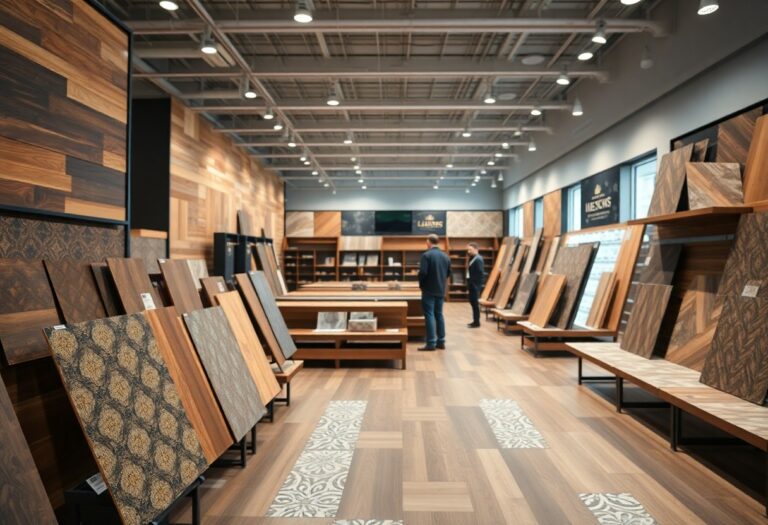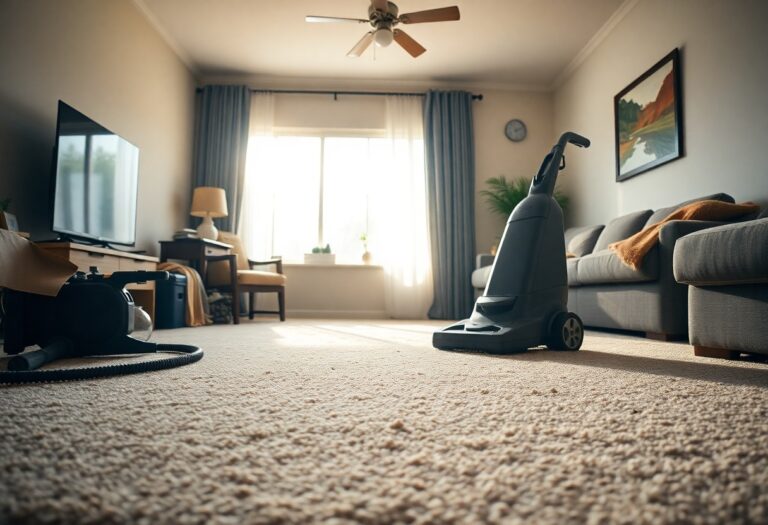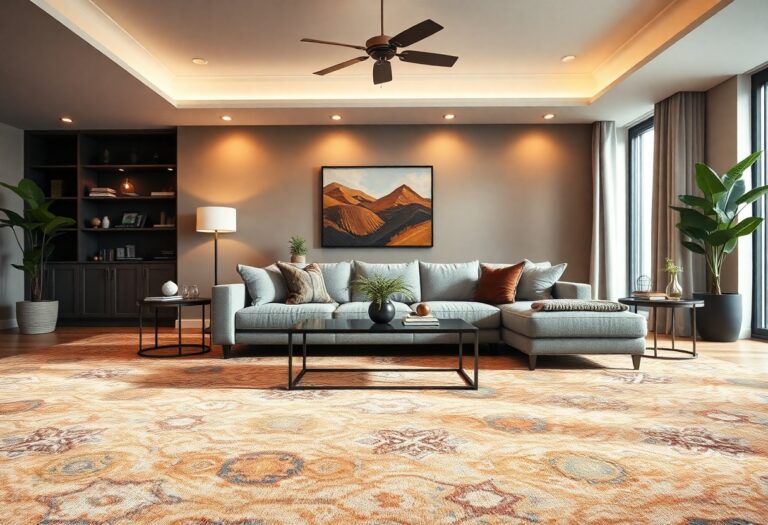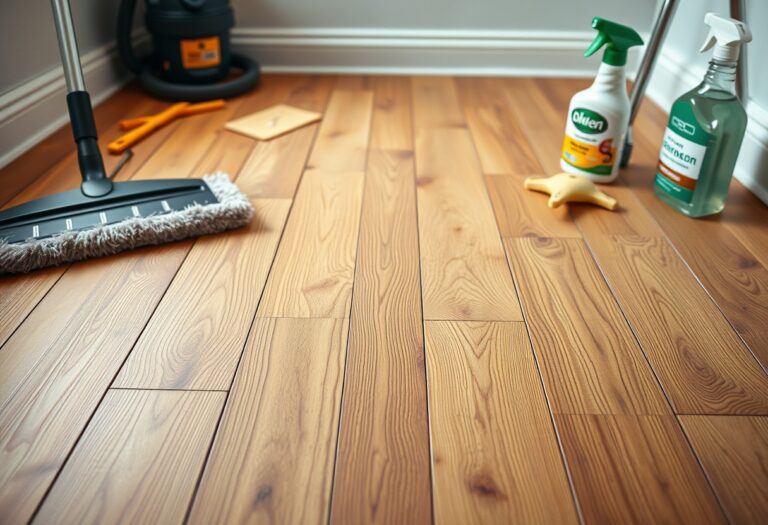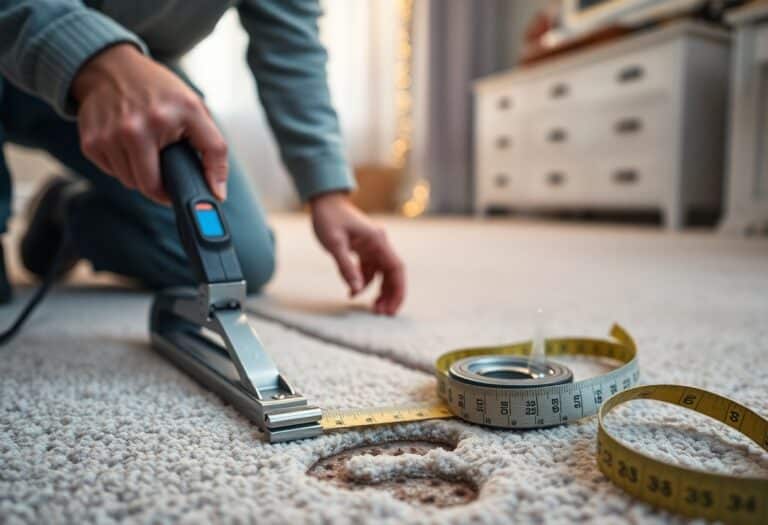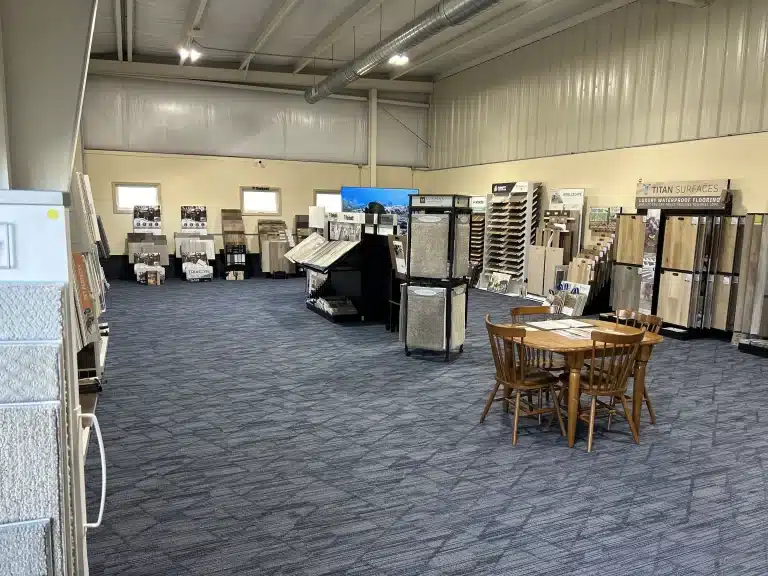It’s imperative to choose the right flooring for your home, especially if you live in a humid climate like Cincinnati, Ohio. High humidity can cause certain types of flooring to warp, absorb moisture, or become moldy over time. Therefore, you should carefully consider the best materials that can withstand the challenges that humidity brings while maintaining both aesthetics and functionality.
One of your top options is luxury vinyl planks (LVP). This flooring type is known for its water resistance and durability. With a wood-like appearance, LVP can provide the stylistic appeal you desire without the risks associated with natural wood. The waterproof feature means that spills and humidity won’t affect it, making it an excellent choice for kitchens and bathrooms as well. You can also explore the expansive range of colors and designs available, allowing you to match your flooring to your personal style seamlessly.
Another fantastic choice is tile flooring, particularly ceramic or porcelain tiles. These materials are extremely durable and resistant to moisture, making them well-suited for humid environments. Tiles can also add a unique aesthetic element to your home through various designs, patterns, and textures. Additionally, tiles easily withstand temperature fluctuations, which can often accompany high humidity levels. You might consider installing radiant heating underneath tile flooring to keep it warm during those cooler Cincinnati winters, adding further comfort to your space.
If you prefer a softer feel underfoot, consider using engineered hardwood. Unlike solid hardwood, engineered hardwood is manufactured to resist moisture, as it consists of multiple layers that minimize the risk of warping. This option provides you with the natural beauty of hardwood while offering some resilience against humidity. It works well in various areas of your home, but it’s wise to avoid it in excessively damp spaces like basements.
Bamboo flooring is another eco-friendly option you can explore. It is naturally resistant to moisture and can outperform traditional hardwood in humid conditions. While bamboo looks stunning and offers a unique aesthetic, ensure that you choose a high-quality strand-woven bamboo option for the best durability. Like engineered hardwood, you would want to avoid placing bamboo flooring in areas with high moisture, such as bathrooms.
Lastly, consider using carpeting with moisture-resistant properties. While carpets are not traditionally the best choice for humid climates, advancements in technology have led to the development of carpets specifically designed to be water-resistant. These carpets can prevent mold and mildew from forming, ensuring a cleaner and more comfortable living environment. Just be cautious to choose high-quality materials that resist moisture absorption.
To sum up, your choice of flooring materials in a humid Cincinnati climate should focus on durability, moisture resistance, and aesthetic appeal. Luxury vinyl planks, tile, engineered hardwood, bamboo, and moisture-resistant carpeting all offer unique advantages. By selecting the right flooring options, you’ll be able to maintain a beautiful home while effectively managing the challenges of humidity.

